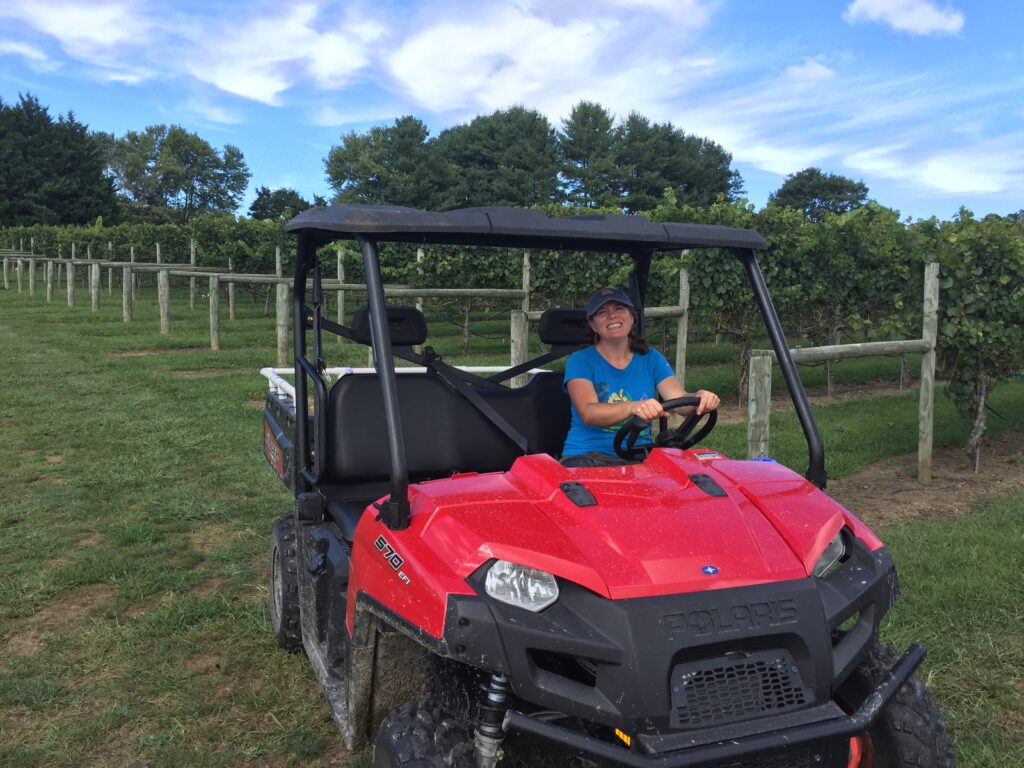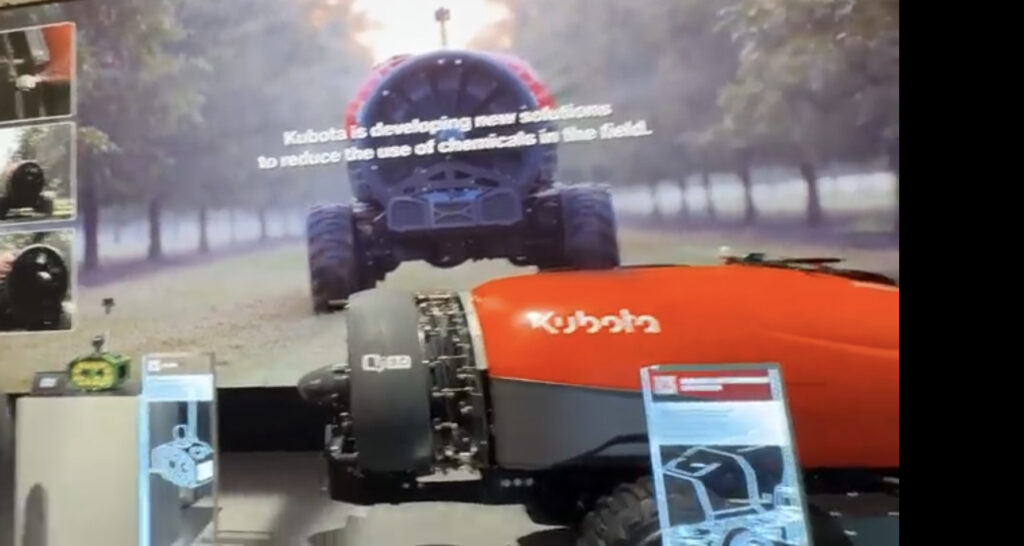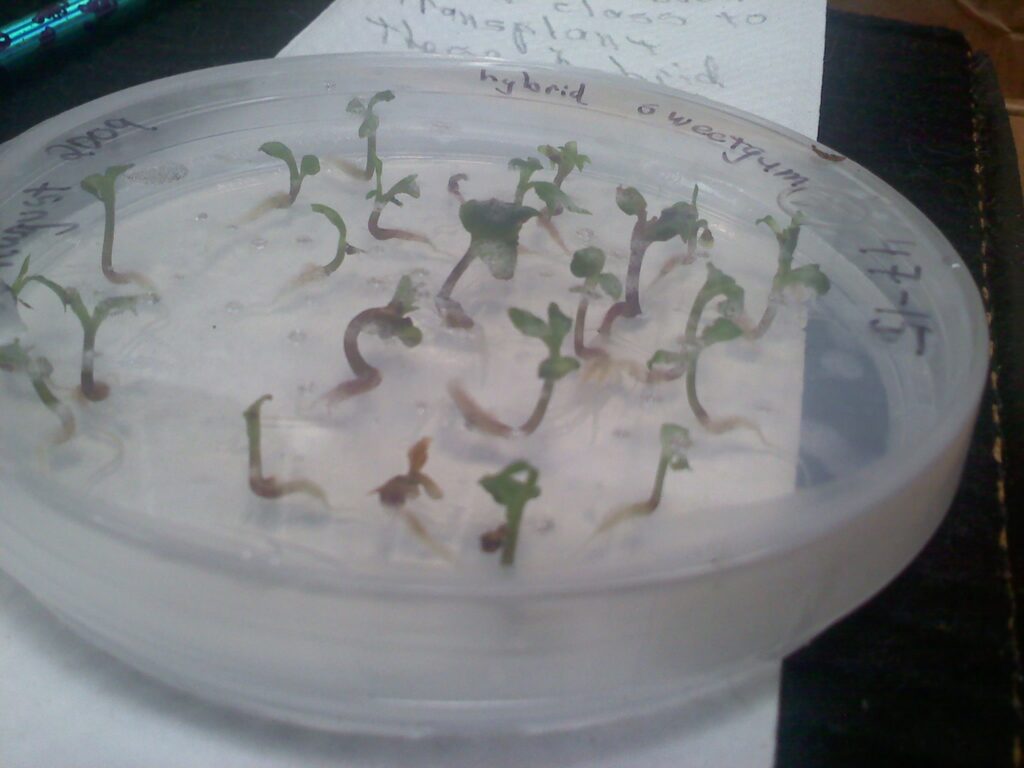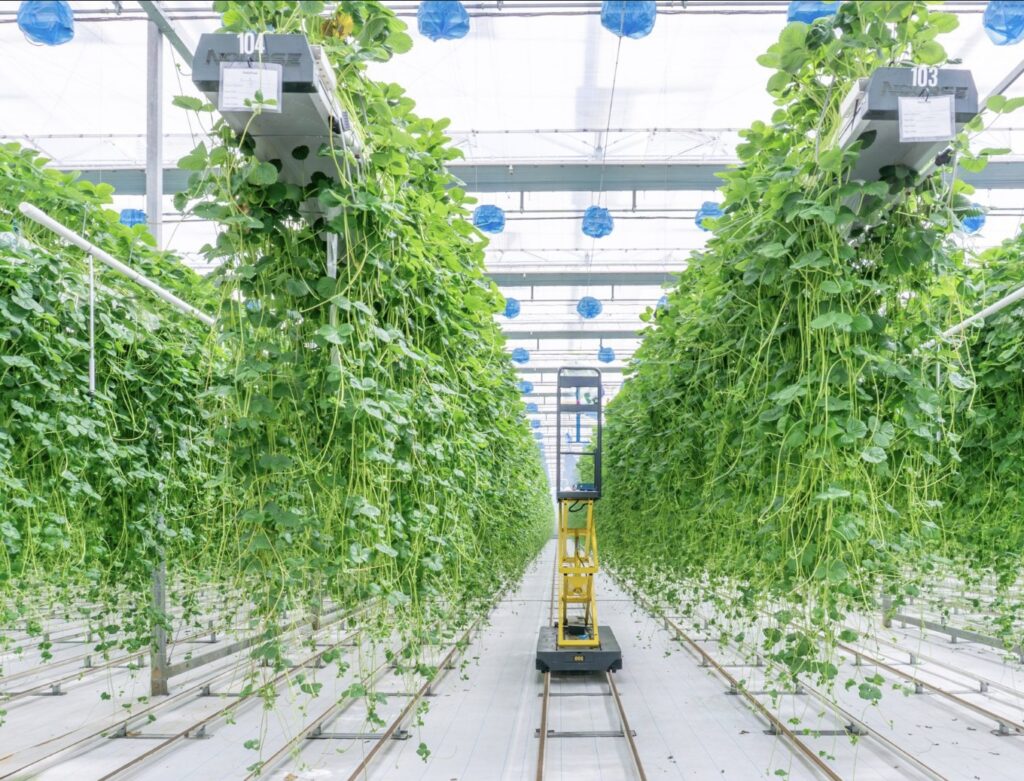Careers in Agriculture
go.ncsu.edu/readext?1093422
en Español / em Português
El inglés es el idioma de control de esta página. En la medida en que haya algún conflicto entre la traducción al inglés y la traducción, el inglés prevalece.
Al hacer clic en el enlace de traducción se activa un servicio de traducción gratuito para convertir la página al español. Al igual que con cualquier traducción por Internet, la conversión no es sensible al contexto y puede que no traduzca el texto en su significado original. NC State Extension no garantiza la exactitud del texto traducido. Por favor, tenga en cuenta que algunas aplicaciones y/o servicios pueden no funcionar como se espera cuando se traducen.
Português
Inglês é o idioma de controle desta página. Na medida que haja algum conflito entre o texto original em Inglês e a tradução, o Inglês prevalece.
Ao clicar no link de tradução, um serviço gratuito de tradução será ativado para converter a página para o Português. Como em qualquer tradução pela internet, a conversão não é sensivel ao contexto e pode não ocorrer a tradução para o significado orginal. O serviço de Extensão da Carolina do Norte (NC State Extension) não garante a exatidão do texto traduzido. Por favor, observe que algumas funções ou serviços podem não funcionar como esperado após a tradução.
English
English is the controlling language of this page. To the extent there is any conflict between the English text and the translation, English controls.
Clicking on the translation link activates a free translation service to convert the page to Spanish. As with any Internet translation, the conversion is not context-sensitive and may not translate the text to its original meaning. NC State Extension does not guarantee the accuracy of the translated text. Please note that some applications and/or services may not function as expected when translated.
Collapse ▲ The world is changing. AI promises to revolutionize if not totally disrupt many industries. Agriculture will certainly be revolutionized but probably not disrupted. In fact, people will still need to eat and knowledgeable agriculturists will be needed to provide the healthful foods of the future. So, if you are a young person looking forward to working in ag or you are someone looking to change careers, what jobs will feed the future?
The world is changing. AI promises to revolutionize if not totally disrupt many industries. Agriculture will certainly be revolutionized but probably not disrupted. In fact, people will still need to eat and knowledgeable agriculturists will be needed to provide the healthful foods of the future. So, if you are a young person looking forward to working in ag or you are someone looking to change careers, what jobs will feed the future?

Ag engineers are needed to design the equipment of the future such as this unmanned sprayer. Although the sprayer is unmanned it does not mean people are not still involved in the procedure.
Careers in Agriculture
Many of the same career paths that have traditionally defined agricultural work will exist long into the future. According to the NC State College of Agriculture and Life Sciences (CALS), “Demand for CALS grads is stronger than ever. USDA forecasts that demand for agriculture and food industries graduates will outpace supply by 22,500 a year – employers need more agricultural graduates.”
“Six months after graduation, 68% of our graduates were either working in their chosen field or attending graduate or professional school. Roughly 80% of all CALS graduates and 91% of AGI graduates have jobs in agriculture and food industries.
85% of Food and Fiber Industry Jobs are Not Linked to Farming
According to CALS, “Not everyone who wants to work in agriculture and life sciences needs a farm. In fact, more than 85% of food and fiber industry jobs are not linked to farming:
- 50% are in business management
- 12% are in agricultural education, communication, policy or regulation
- 27% are in the STEM fields

AI will help speed up the process of gene edits in plants. However humans will still be needed to design and carry out the edits, plant and care for plants, grow the plants to marketable size, market and sell the plants, plant the plants in farms and landscapes and care for the plants after planting.
Many agricultural career fields have more jobs than we have graduates. In one high-need field, we are placing 95% of our CALS graduates with degrees aligning with that industry.”
NC State College of Agriculture and life Sciences has a TWO YEAR AG DEGREE.
According to CALS here are a few fields where need is far outpacing graduates:
Agricultural Business Management and Economics
Agricultural Education
Agricultural Engineering
Animal Science and Production
Poultry Science and Production
Crop Science and Production
Horticultural Science and Production
Food Science and Production
Plant Biology
Soil Science and Land Use
Specific Job Titles Related to Agriculture
Agricultural Engineer
Agricultural Food Scientist
Agricultural Inspector
Agricultural Manager
Agricultural Specialist
Agronomist
Aquatic Ecologist
Arborist
Biotechnologist
Biochemist
Botanist
Conservation Planner
Conservationist
County Extension
Endangered Species Biologist
Fisheries Biologist
Fishery Manager
Geneticist
Forest Firefighter
Forest Health Specialist
Forest Ranger
Forester
Horticulturist
Landscaper
Municipal Forester
National Park Service Tech
Nutrient Management Specialist
Park Ranger
Plant Biologist
Plant Ecologist
Ranch Manager
Silvicultural Researcher
Soil Microbiologist
Soil And Plant Scientist
Soil Engineer
Water Conservationist
Water Management Planner
Wetlands Biologist
Wildlife Administrator
Wildlife Consultant
Wildlife Forensics
Wildlife Inspector
Wildlife Manager
Wildlife Officer
Wildlife Biologist
Agricultural employers:
- Governmental
US Army
US Department of Agriculture (USDA)
US Forest Service (USFS)
States Departments of Agriculture (all 50 plus territories)
Environmental Protection Agency (EPA)
States Environmental Departments (all 50 plus territories)
City and County Governments
Cooperative Extension
Universities
United Nations
National Park Service
- Private
Agricultural Technology Companies – Bayer, Syngenta
Food Companies – Dole, Driscoll, Delmonte
Agricultural Equipment Companies – John Deere, Caterpillar, International Harvester
Fertilizer Companies – United Phosphorous, Scotts
Banking – all banks, (PNC)
Insurance – all insurance, (Farm Bureau)






